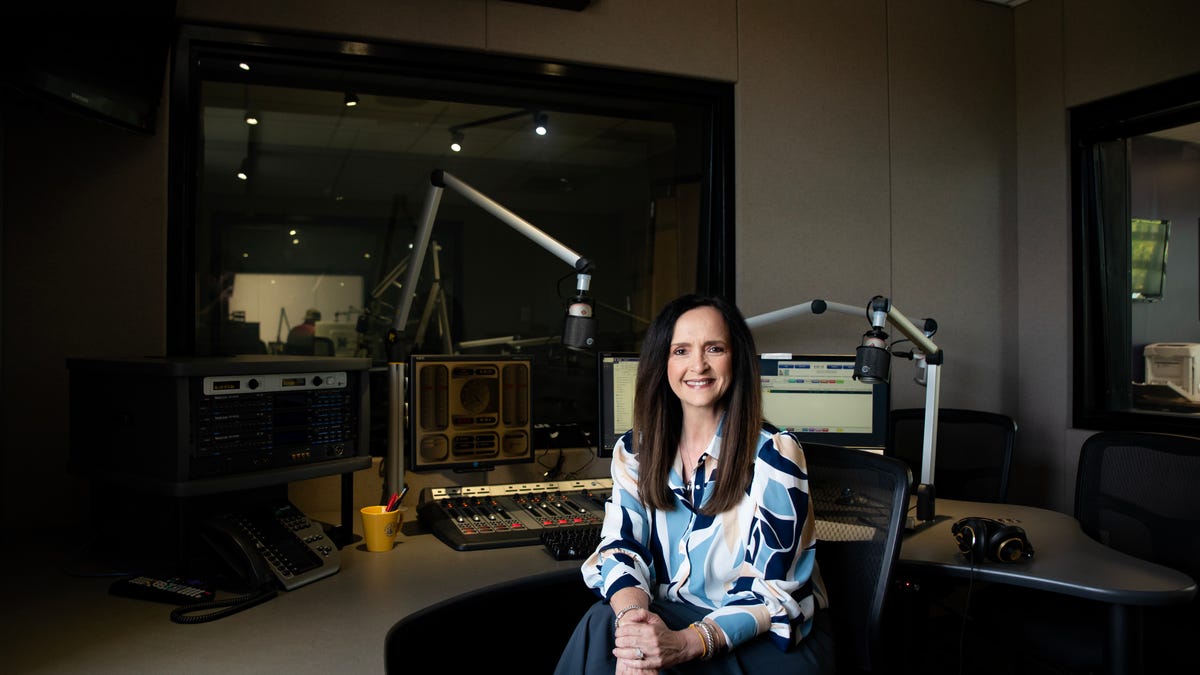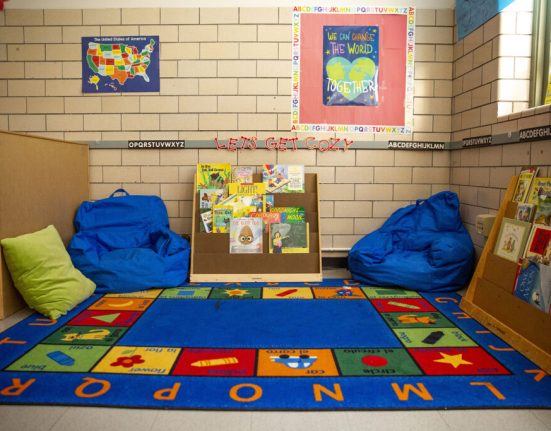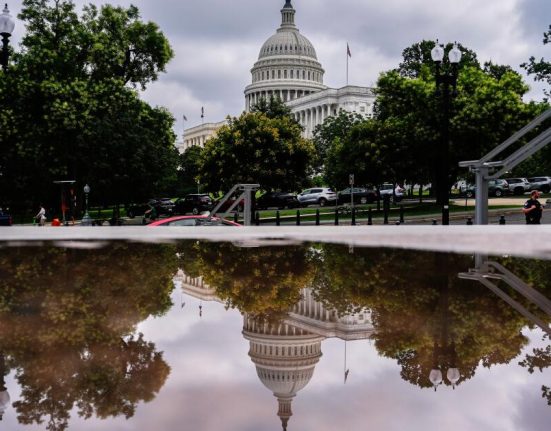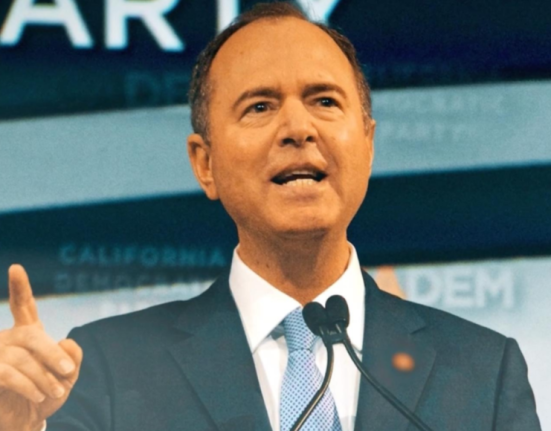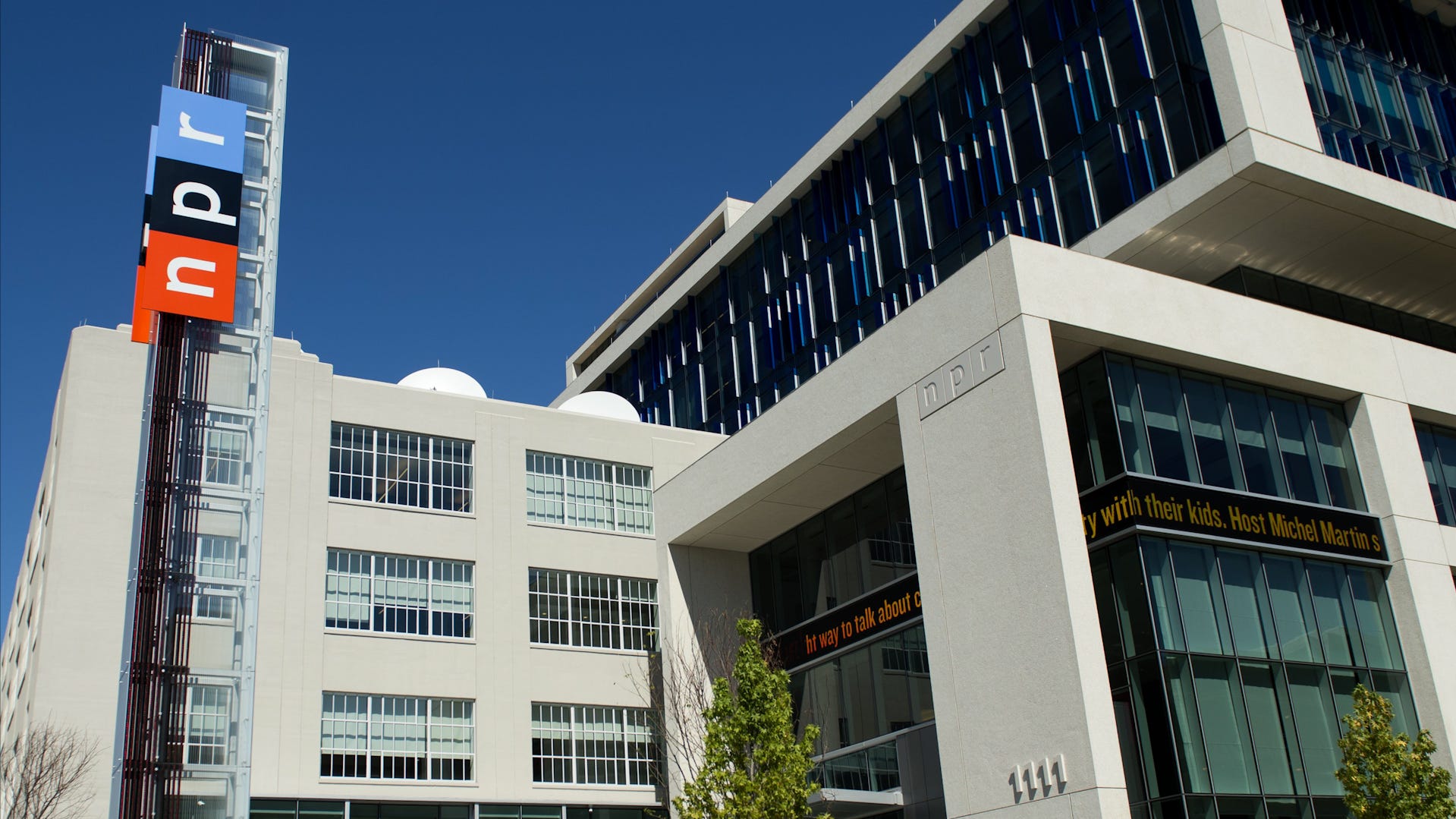
Senate passes bill to cut funding to public broadcasting
The bill to cut more than $9 billion from public broadcasting, foreign aid and more will move on for a final House vote, then to the president.
- The rescission bill passed by Congress ends funding for the Corporation for Public Broadcasting, including NPR and affiliates.
- KCLU is an NPR member station that covers Ventura, Santa Barbara and San Luis Obispo counties.
- KCLU isn’t planning layoffs or cutbacks for the loss of $300,000 a year.
The elimination of federal funding for public media passed by Congress on July 18 means about 12% of the budget will disappear at KCLU-FM, Ventura County’s public radio station.
The Thousand Oaks-based station is not addressing this by planning to lay off employees or cut back on its programming and local news coverage. Instead, it’s planning the mother-of-all pledge drives.
“That’s not going to happen,” KCLU General Manager Mary Olson said of layoffs or cutbacks. “I’m not going to let that happen. … We’re going to find a way.”
KCLU broadcasts throughout Ventura, Santa Barbara and San Luis Obispo counties, with national NPR shows and local reporting that perennially wins regional and state awards. It expects to lose about $300,000 a year in federal funding and subsidies as a result of the new federal legislation, and Olson said the station has no choice but to raise at least that much through private donations.
“We have six full-time employees and one part-time employee. What are we going to cut?” she said. “I’ve never had an assistant. We’ve never had a receptionist. I’m not too good to take out the trash.”
The cuts to KCLU and other public media outlets are part of a bill proposed by President Donald Trump and passed by Congress that rescinds $9 billion in previously approved federal spending. Most of the cuts are to foreign aid programs, but $1.1 billion of it comes from canceling the next two years of funding for the Corporation for Public Broadcasting, which funds NPR, PBS and their local member stations.
That will cost KCLU about $225,000 per year, Olson said. On top of that, the station’s costs will go up by $75,000 a year because it will have to pay more for its satellite connections.
KCLU and other NPR affiliates have gotten satellite services at a discount from the Public Radio Satellite System, a nationwide network managed by NPR. The end of federal NPR funding means that the satellite system will end, too, Olson said.
There is no precedent for KCLU’s plan to increase its donations by $300,000 per year. The station already gets about 75% of its budget from member donations, with support from businesses and foundations accounting for another 15%, Olson said.
California Lutheran University hosts the station and provides office space, human resources, and other help free of charge, but it does not contribute any money.
Upping listener donations by the full amount of lost federal support would mean about a 17% increase in member support, immediately and indefinitely.
“There’s not a precedent because we’ve never had this happen before, but I believe unequivocally that this community values us,” Olson said. “They’re going to say, ‘Now is the time for me to do my part,’ because there’s not another option. The money has to be raised.”
Olson said she went on the air three times on the morning of July 18 for a few minutes each time, to inform listeners of the funding situation, and each time the phones and email inboxes lit up with new donors, a total of about 50 in just a few hours.
KCLU raises more money from its local community than most public radio stations. Olson said she’s already heard from station managers in rural areas who will have to make big cuts in programming and jobs, because federal funding accounts for more than half of their budgets.
Many of those rural communities have no other source of local news. That’s not true in the territory KCLU covers, but Olson said public radio has an important role to play everywhere as “the last bastion for independent, long-form journalism on the radio.”
When there’s a wildfire or other disaster, radio broadcasts are a uniquely fast, free, and universally accessible way to disseminate information. Commercial radio that’s programmed by computer and managed from thousands of miles away isn’t going to do the job, Olson said.
“When there’s a fire and there’s smoke in the air … I don’t think the latest Beyonce song is what’s important,” she said. “What’s important is to hear Lance Orozco or Caroline Feraday, who have feet on the street, telling you where you can evacuate your animals, where the local Red Cross shelter is, where the neighborhoods are where you need to get out now. Radio is made for that, and that’s what we do.”
Tony Biasotti is an investigative and watchdog reporter for the Ventura County Star. Reach him at tbiasotti@vcstar.com. This story was made possible by a grant from the Ventura County Community Foundation’s Fund to Support Local Journalism.

